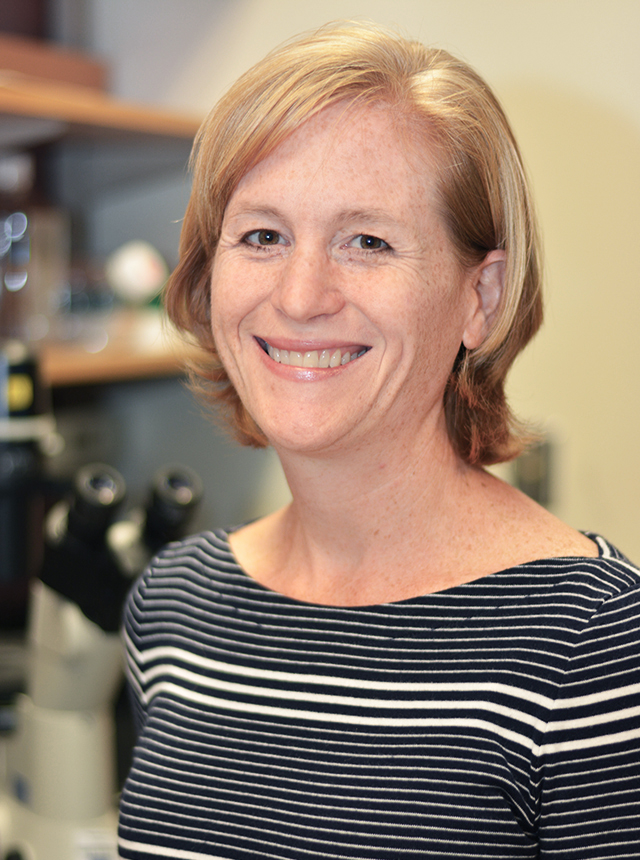
I Rally: Tiffiney Hartman
-
To me, cancer research is not just a career or something I find incredibly interesting. It’s personal.
On my dad’s side, my aunt died five years ago from recurrent breast cancer, and a year later, my uncle, her husband, died from colorectal cancer. On my mom’s side, my grandfather died from lung cancer when he was in his 40s. My mom was diagnosed with kidney cancer in her early 40s, while one of her brothers also fought kidney cancer at a young age, another brother was diagnosed with skin cancer, and her third brother fought both thyroid and colorectal cancer.
Amazingly, my mom and her brothers all beat cancer, but the high incidence of cancer in my family leaves us all wondering who will be next. I can’t help but worry that I’ve passed some sort of genetic predisposition onto my four sons.
After graduating from the University of Akron in Ohio with a bachelor’s of science in biology, I followed my interests in genetics, molecular biology, and the study of human disease into scientific research.
I obtained a PhD from The Ohio State University in the Molecular, Cellular and Developmental Biology Program, focusing on examining how retroviruses escape host cell defenses to efficiently replicate.
After graduating with my PhD, I moved to Fox Chase Cancer Center and joined the lab of Dr. Elizabeth Henske. For a second postdoctoral position, I moved within Fox Chase to the lab of Dr. Alana O’Reilly, where I used the fruit fly to study the role of the hedgehog signaling pathway in adult stem cells.
In Alana’s lab, I identified a link between dietary cholesterol and hedgehog regulation. In 2013, while still a postdoctoral fellow, I started to think about how the pathway I identified in the fruit fly might apply to cancer, my true research passion.
In 2014, I was promoted to assistant research professor, and I have devoted my time solely to identifying a link between nutrition and pancreatic cancer initiation and progression. In 2016, I obtained independent lab space and startup money to cover the salary of one technician.
At Fox Chase, I am part of a unique and powerful team of physicians and scientists whose expertise includes cancer biology, cell signaling, immunology, cancer prevention and control, population studies, tumor microenvironment, and cell metabolism. Together, we have a common goal of curing this terrible disease.
In order to achieve that goal, funding is critical. Obtaining government grants is essential to grow my lab to include graduate students and postdoctoral fellows and to reach full independence in running a lab focused on finding ways to detect and cure pancreatic cancer.
In September, I will join three other Fox Chase researchers and travel to Washington, D.C., to take part in the Rally for Medical Research, where we will meet with our local representatives in Congress to advocate for funding for medical research.
My ultimate goal is to make a major impact on the prevention, early diagnosis, treatment, and cure of this terrible disease. I rally so that families like mine will no longer be affected by the cancer we know today.
